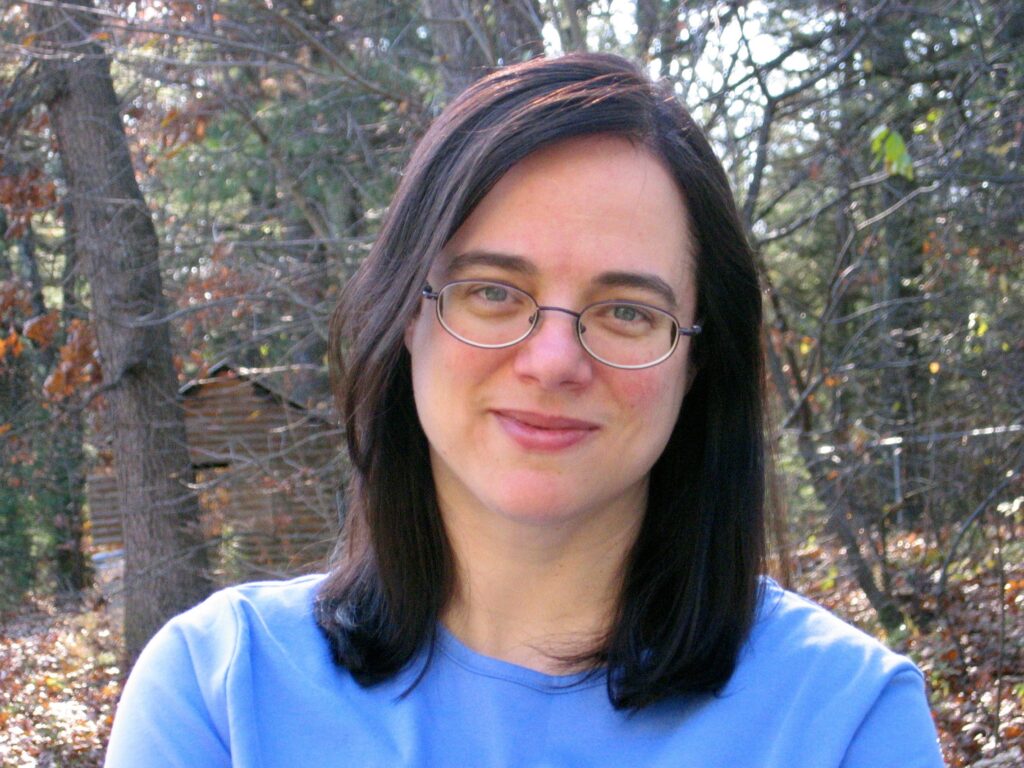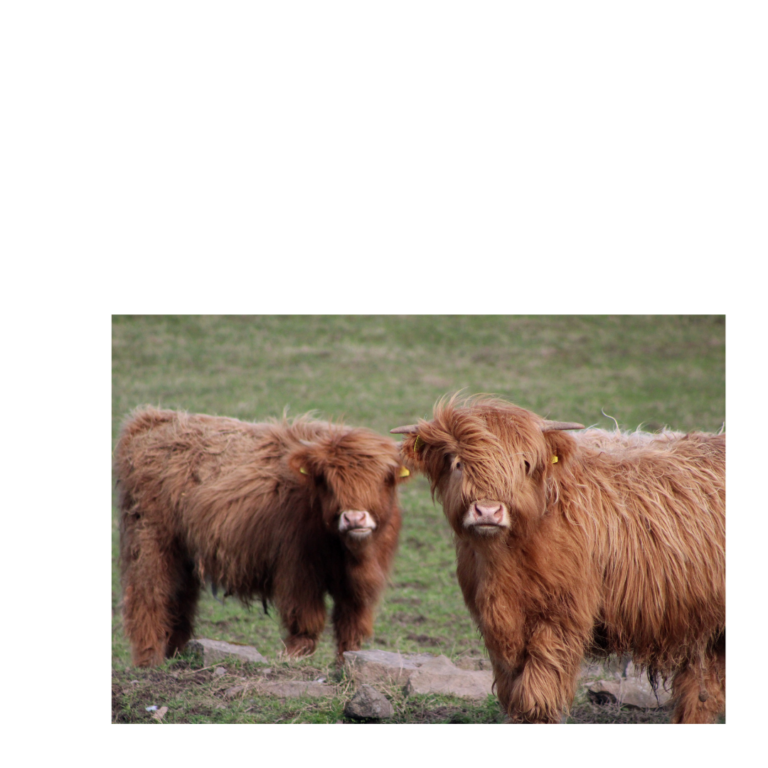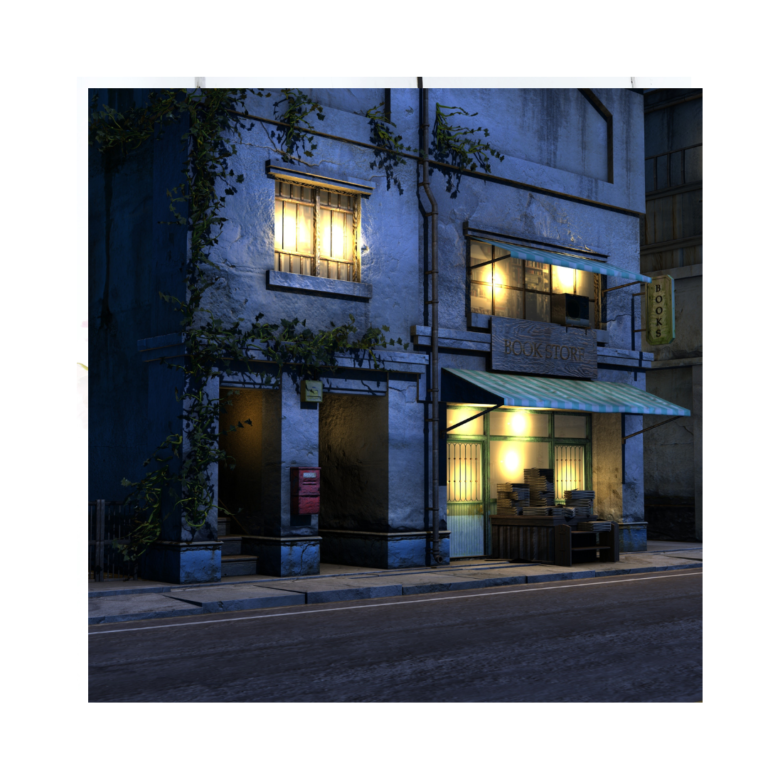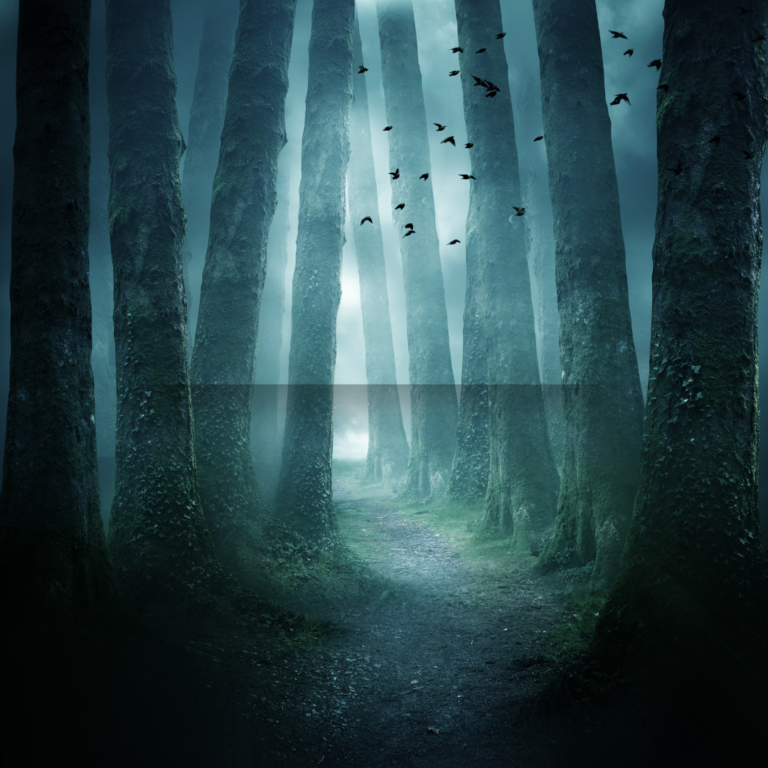
Sneak a Peek into the Life of Author Susan Lynn Meyer!
Have you ever wondered what the life of an author is like?
Take a look at this Q&A session with award-winning author Susan Lynn Meyer.

Susan is the author of three picture books and three middle grade novels, including Black Radishes, Skating with the Statue of Liberty ,and A Sky Full of Song, which I reviewed a couple of weeks ago.
Her books have won the Jane Addams Peace Association Award, the New York State Charlotte Award, and the Sydney Taylor Honor Award, among many others.
Telling Stories: Thank you for taking the time out of your schedule today.
Susan Lynn Meyer: Absolutely. Thank you for your interest in my work.
TS: My pleasure. Where are you writing from now? Would you describe your setting for us?
SLM: I live in Massachusetts, outside Boston, and right now I’m in the study I share with my husband. Outside there are tall evergreen trees and oaks (I mainly see the trunks from where I am). In front of me there’s a fireplace we rarely use, and I have a favorite snow globe on my large wooden desk. I kept turning it upside down and swirling it when I wrote the blizzard episode in A Sky Full of Song!
TS: Where did you get the idea for A Sky Full of Song?
SLM: Looking at a photograph of a family in front of a primitive dugout in Oklahoma, I began to wonder whether Jews had ever homesteaded. Had Jews ever lived in dugouts? Had any Jews taken advantage of the Homestead Act? Had little Jewish children ever run around the prairie like Laura and Mary Ingalls?
It is so much at odds with the classic American vision of what “pioneer” life was like. But when I began to do some research, it quickly became evident that the answer is yes!
Jews fleeing oppression in Tsarist Russia mostly settled in East Coast cities and in Chicago, but in fact some wanted to farm.
Late in the homesteading period, mostly in North and South Dakota, some Jewish families and communities did take up homesteading.
When I found that out, I knew I had to write this novel about eleven-year-old Shoshana, her parents, her three sisters, and her older brother fleeing their Ukrainian village and starting a new life in a dugout on the North Dakota prairie!
TS: I had never read anything like this before for middle grade. It’s a very engaging novel. I imagine you did a lot of research. Did you ever think you didn’t have enough experience to be a writer? Did the Imposter Syndrome ever affect you—and how did you overcome it?
SLM: As I child I [thought that way]. I wondered how writers knew about all the things they need to know about to write a novel that isn’t autobiographical. Now I know: research, research, research! Research can take strange forms.
It isn’t all reading books in the library. For example, you might need to crawl underneath a bridge to find out when it was built, or you might need to research merry-go-rounds or try freezing pickle juice (as I did for A Sky Full of Song). If you want to know why, as we used to say in book reports when I was a kid, you will have to read the book!
TS: I know why! So what made you want to be a writer?
SLM: When I was a child, I (and my five brothers and sisters) loved reading so much that my parents had to make a rule—you can’t take any more books out of the library than you can carry in your arms! So I mastered the art of extending my arms as far as they would go and stacking books up to my chin!
I thought books were absolutely magical, the way they could transport you into other people’s lives and into the past and faraway places and fantasy worlds. Wanting to create books myself grew naturally out of that love.
TS: That’s funny. I hope you didn’t have to walk home from the library. What has writing taught you?
SLM: I literally had no idea, as a child, how someone could write a book, where books came from or how they were put together. I learned to write fiction not by being taught, for the most part, but by steeping myself in books for years and then trying. I learned that the first thing you need to do is try!
TS: And your favorite thing about writing?
SLM: My favorite thing is when I get into the groove of it and the words come easily—which happens all too rarely!
TS: Agreed. As I mentioned at the beginning, you’ve written three middle grade books and three picture books. If you weren’t a writer, what would you do for a living?
SLM: Well, honestly, it does not provide me with a living! I think it is important to be straightforward about that. Far from it—even though this is my sixth children’s book.
When I was growing up, I very strongly absorbed the idea that I always needed to support myself and not be dependent on anybody else’s earnings, and I haven’t been. Most of my half of the family living expenses I earn through my job as an English professor at Wellesley College.
But as to other jobs I’d like to do, if I had world enough and time—I think I’d like to be a fiction editor. I like figuring out what would make books better.
Or I’d like to work with preschool and elementary school kids directly because I really enjoy being around them.
Or I’d like to be a children’s librarian, maybe in a school.
I’m also, belatedly, kind of interested in medicine and in public health, although I wasn’t when I was choosing a career.
I’m also fascinated with history.
And who wouldn’t love to work in a bookstore?
But you can’t do everything!
TS: No. Unfortunately, you cannot. But you can write about all those interests! Did you have any favorite books as a child?
SLM: I had so many favorite books, so it’s impossible to say that one was my favorite.
I owned a few books, though, that I read over and over when I had finished all my library books. One was Joan Aiken’s Black Hearts in Battersea (which I loved because of the adventure and the
wonderful intrepid girl character of Dido) and one was Zilpha Keatley Snyder’s The Changeling. I think I loved that one partly because of the way it gives you the impression that magic may be at work in the ordinary world—but you’re never quite sure.
TS: What is your writing routine like?
SLM: Ideally, I love to walk or kayak (when I have the chance) in the morning and kind of daydream about the book I’m working on and then come home, sit right down at my desk, and write.
TS: Do you have any advice for kids—or anybody really—who want to write books?
SLM: I’m sure a lot of people say this. But the best thing to do is read a lot of books and spend some time thinking about which ones you like and why. Then when you start writing, find other writers to share your work with and listen to what they have to say. It won’t always be helpful. But when several different readers tell me that something isn’t clear or isn’t working, I tend to believe it.
TS: Great advice, for sure. Read a lot and read widely. Are you able to share what you’re working on now?
SLM: Not yet.
TS: So I guess we’ll just have to wait on that! Thank you for being so generous with your time and your answers.
SLM: You are very welcome.
You can follow Susan Lynn Meyer—and get updates about her projects—on her website www.susanlynnmeyer.com and through Amazon by clicking on any of her books and finding the “follow the author” link. Check out her books while you’re there!
Until next week,
~ Gail
Before you go, don’t forget to sign up for my mailing list, below:





